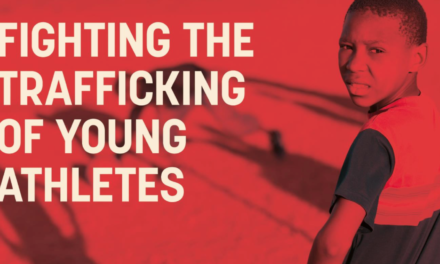How do you get information about good therapists familiar with male survivor issues? Sometimes a good source can be recommendations from other survivors. But what if you are in recovery without the benefit of a male survivor support system from which to get referrals, or there is no one recommended near you? (An excellent resource is malesurvivor.org which has chat rooms and therapist listings.)
As a specialist working with male survivors for years, I’ve seen many men who had encountered misdirected, inadequate or harmful therapy. Sometimes it is a failure on the therapist’s part to acknowledge he doesn’t have sufficient experience with male survivor issues. The therapist’s experience may be limited to having attended a workshop at a conference or read a book on the subject. While he may be sincerely interested in working with male survivors, the therapist tends to learn on the job while the survivor is paying.
- Lack of experience working with males. Sometimes it is a failure on the therapist’s part to acknowledge he doesn’t have sufficient experience with male survivor issues. The therapist’s experience may be limited to having attended a workshop at a conference or read a book on the subject. While he may be sincerely interested in working with male survivors, the therapist, rather than the survivor, tends to learn on the job while you’re paying.
- Theorectical Bias and/or attachment to a single modality Another therapist to avoid is the one with a theoretical bias. A clue to identifying (and avoiding) the biased therapist is his stressing a particular approach or technique (like advertising as a Jungian, analytic, Rational-Emotive-Therapy specialist, etc. Not that any of these schools of treatment is bad, but the emphasis on a particular specialty may indicate a bias which is not the most effective means of treating your victimization issues.) If it seems like the therapist is intent on fitting your issues and experience into his theoretical framework, you may want to look for someone who sees you more as an individual.
- Lack of respect for boundaries. A big red flag should be the therapist’s awareness and respect for your boundaries. Everyone who has been sexually victimized has had his boundaries ignored and violated. A therapist who gives hugs without an invitation to do so, is crossing boundaries. This can include less personal (and unwanted) contact such as shaking hands, sitting too closely or even intrusive eye contact. Your gut feeling is the best indicator of someone who does not respect your boundaries. If you feel uncomfortable when “interviewing” a potential therapist, trust your instincts.
Another therapist to avoid is the one with a theoretical bias. A clue to identifying (and avoiding) the biased therapist is his stressing a particular approach or technique, like advertising as a Jungian, analytic, Rational-Emotive-Therapy specialist, etc. None of these schools of treatment is bad, but the emphasis on a particular approach may indicate a bias that may not be the most effective means of treating your victimization issues. In my experience, a particularly good approach is Cognitive-Behavioral Therapy (CBT). If it seems like the therapist is intent on fitting your issues and experience into his theoretical framework, you may want to look for someone who sees you more as an individual.
A big red flag should be any therapist’s lack of awareness and respect for your boundaries. Everyone who has been sexually victimized has had his boundaries ignored and violated. A therapist who gives hugs without an invitation to do so is crossing boundaries. This infringement can include less personal (and unwanted) contact such as shaking hands, sitting too closely or even intrusive eye contact. Your gut feeling is the best indicator of someone who does not respect your boundaries. If you feel uncomfortable when “interviewing” a potential therapist, trust your instincts.
What if you are already in treatment with a therapist you feel is incompetent, inexperienced, of a philosophical direction you don’t see as helpful, not respectful of your boundaries, or just plain makes you feel uncomfortable?


























